Negate - Word of the Day for IELTS Speaking and Writing
5 min read
Updated On
-
Copy link
The word ‘negate’ means ‘to be negative; bring or cause negative results’. Expand your vocabulary by discovering how it is used, its history, exploring its synonyms and antonyms, and practicing through the provided exercises to achieve a Band 9 score.
Table of Contents

Limited-Time Offer : Access a FREE 10-Day IELTS Study Plan!
Some words hold the power to completely reverse an idea, argument, or statement, and ‘negate’ is one such decisive term. It is used not merely to deny something but to remove its impact, importance, or validity. Mastering this word helps IELTS candidates express disagreement, counterarguments, and critical analysis with precision and an academic tone.
In this blog post, we will explore the meaning, origin, history, a list of useful synonyms & antonyms for IELTS band 9 of the word, and proper usage of the term ‘negate’ within the context of IELTS, solidifying our understanding through practical exercises.
Meaning of 'Negate'
- Pronunciation: /nɪˈɡeɪt/ (sounds like nuh·gayt)
The verb ‘negate’ is commonly used in formal writing and discussion to show that something makes another fact, statement, or effect invalid. It adds a sense of analytical thinking, making it ideal for essays, debates, and academic evaluations.
In the table below, check out different forms of the word ‘negate’ with their meaning and example sentences.
|
Form |
Type |
Meaning |
Example Sentence |
|---|---|---|---|
|
Negate |
Verb |
to cancel, deny, or invalidate |
Cultural growth does not negate environmental responsibility. |
|
Negation |
Noun |
the act of denying something |
The essay focuses on the negation of traditional family roles in modern society. |
|
Negative |
Adjective |
expressing denial or absence |
The company’s negative response disappointed applicants. |
|
Negating |
Gerund/Participle |
acting to make something ineffective |
Many argue that high fees are negating the value of healthcare reforms. |
History and Origin of ‘Negate’
The word ‘negate’ has clear Latin roots. It originates from the Latin verb ‘negare’, meaning ‘to deny’ or ‘say no’. It entered English in the 16th century, initially used in philosophical, logical, and mathematical contexts, and gradually expanded into common academic and everyday usage.
Usage & Examples of 'Negate'
Let us look at some example sentences where the word ‘negate’ has been used in its verb form in different contexts.
- Efforts to expand the tourist industry could be negated by reports that the sea is highly polluted.
- Many of these emotions energise greater effort, but others negate effort and lead to dissatisfaction, stress, and withdrawal.
- Within a few weeks, they accrue a debt that negates the salary their recruiter had promised them.
- The new policy did little to negate public concerns about safety.
- One small mistake does not negate years of hard work.
- The benefits of remote learning may be negated by unequal access to technology.
- Higher income does not negate the emotional challenges of a stressful workplace.
- Cultural development cannot negate the need for environmental preservation.
Book free IELTS online classes to maximize your vocabulary for the IELTS exam!
IELTS Usage of ‘Negate’
Given below are some IELTS sample answers that naturally incorporate the word in the IELTS Writing essays and speaking responses.
IELTS Speaking Part 2
- Cue Card: Describe a policy you think is effective.
- Answer Excerpt: “My city introduced a strict plastic ban, but the lack of enforcement almost negated the entire initiative. People continued using plastic without consequences.”
IELTS Writing Task 2
- Topic: Improvements in infrastructure do not diminish the importance of environmental sustainability. What are your views on it?
- Answer Excerpt: While modern infrastructure development is essential for economic growth and improved living standards, it should not negate the need for environmental sustainability. Expanding roads, bridges, and urban facilities may boost connectivity and productivity, but these benefits lose significance if they come at the cost of polluted air, depleted natural resources, and irreversible ecological damage.
Book a FREE demo to talk to our experts and boost your IELTS vocabulary now!
Synonyms and Antonyms of Negate
Given below, in the table, you will find some important synonyms and antonyms for IELTS Writing and Speaking of the word ‘negate’, each explained with a sample sentence.
|
Type |
Word |
Meaning |
Example Sentence |
|---|---|---|---|
|
Synonym |
Invalidate |
to make a claim or argument no longer acceptable or legal |
A missing signature can invalidate the entire contract. |
|
Nullify |
to make something of no value or effect |
One legal technicality was enough to nullify the verdict. |
|
|
Counteract |
to reduce or remove the effect of something |
Extra safety measures were introduced to counteract rising accident rates. |
|
|
Deny |
to state that something is not true |
The minister continued to deny involvement in the corruption case. |
|
|
Refute |
to prove that something is wrong or false |
The scientist presented data that refuted the earlier findings. |
|
|
Antonym |
Confirm |
to show that something is true |
Study results confirm that exercise improves cognitive function. |
|
Support |
to provide help or back up an argument |
Data clearly supports the argument for renewable energy investments. |
|
|
Validate |
to approve or establish the truth or value of something |
The new evidence helped validate the witness’s testimony. |
|
|
Affirm |
to state that something is true with confidence |
Many teachers affirm that technology enhances learning when used properly. |
Join us in our free webinars to learn tricks to improve IELTS vocabulary! Join Now!
Exercise to Master the Meaning of ‘Negate’
In order to strengthen your understanding of the word ‘negate’, take the following exercises.
Exercise: Choose the correct option.
1 In which sentence is the word ‘negate’ used correctly?
A The professor negated the essay to a higher grade.
B A single error does not negate the entire scientific theory.
C She negated the meeting by arriving early.
D The event negated enthusiasm among the winners.
2 The word ‘negate’ is closest in meaning to:
A Strengthen
B Validate
C Nullify
D Encourage
3 Which situation BEST illustrates the meaning of ‘negate’?
A An athlete improving their rank after practice.
B A doctor encouraging patients to stay fit.
C A student earning extra marks for neat handwriting.
D A law being overturned because a key procedure was not followed.
4 Choose the sentence where ‘negate’ is INCORRECTLY used:
A Heavy rain may negate the effectiveness of outdoor advertisements.
B The candidate attempted to negate the accusations with evidence.
C The teacher negated the class by assigning homework.
D One major error was enough to negate the experiment’s results.
5 Which of the following statements uses ‘negate’ in an academic context similar to IELTS Writing Task 2?
A Excessive screen time may negate the benefits of digital learning.
B These new parks negate children into playing outside.
C Tourists always negate local cultural customs.
D People negate the internet for medical advice.
Answer Keys
|
1 |
2 |
3 |
4 |
5 |
|
B |
C |
D |
C |
A |
To conclude, ‘negate’ is a powerful academic verb that allows IELTS candidates to discuss disagreement and contradiction, and learning this word can significantly improve essay quality, critical tone, and analytical clarity. So, include this word in your IELTS vocabulary words list for Band 8 or 9 and achieve your desired IELTS band score.
Useful Links:
Explore IELTS Resources

Start Preparing for IELTS: Get Your 10-Day Study Plan Today!
Check out other Word of the Day Articles
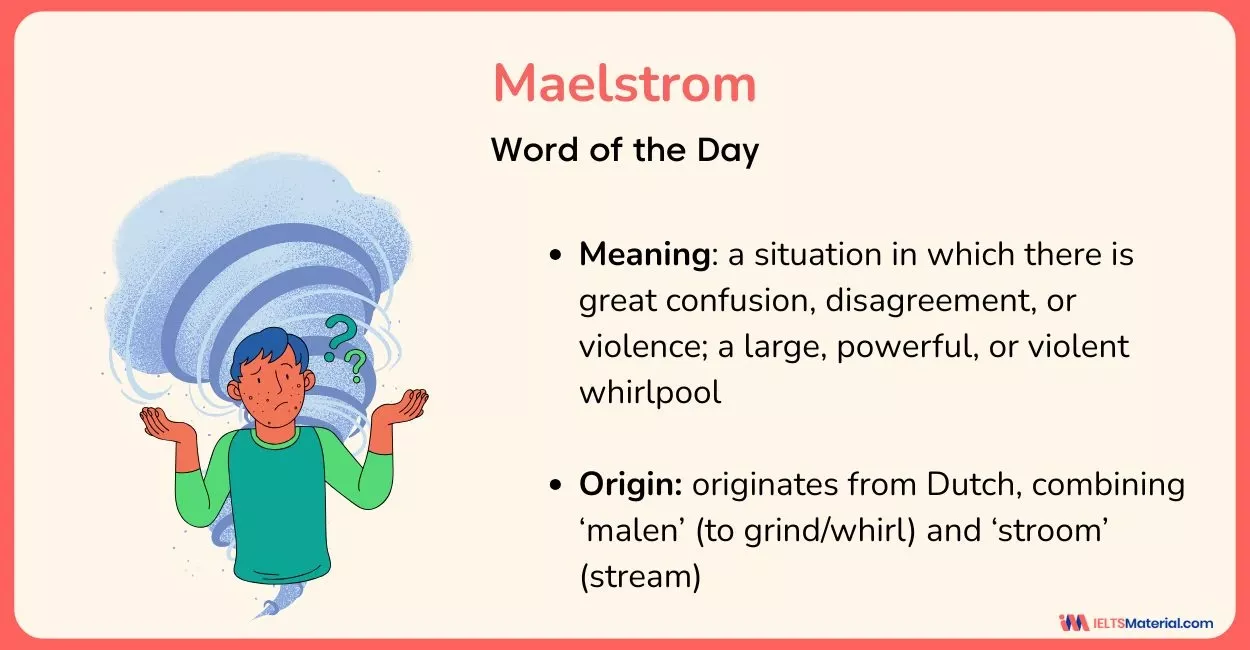
Haniya Yashfeen

Haniya Yashfeen
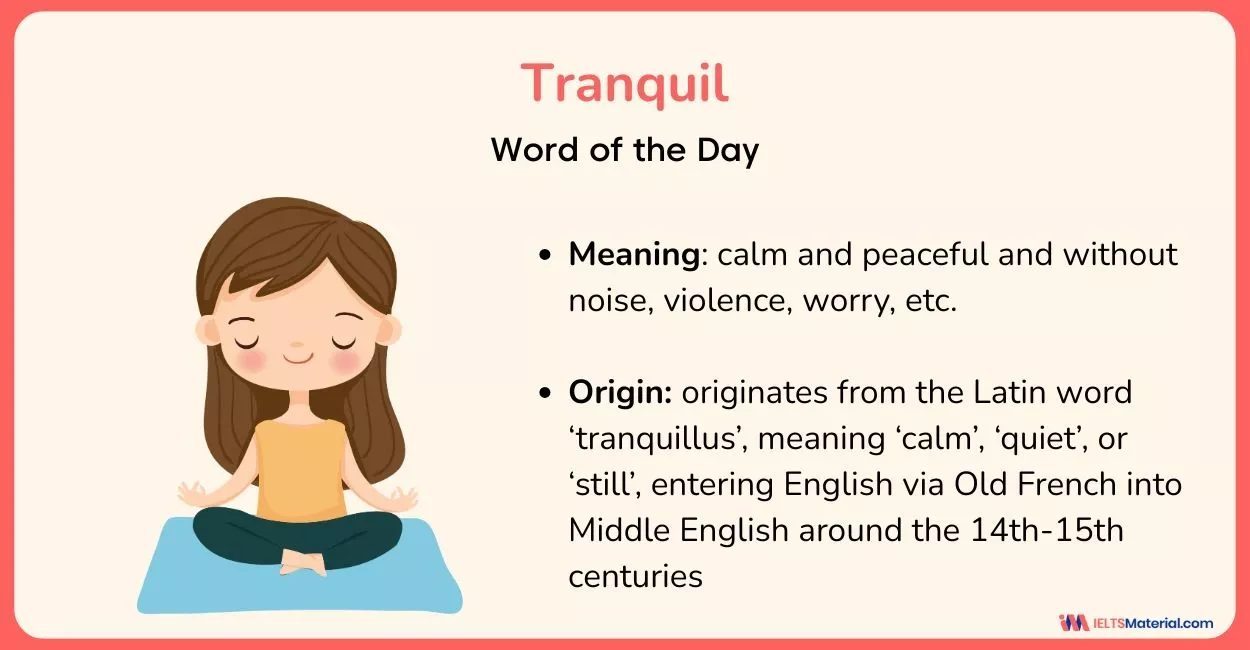
Haniya Yashfeen
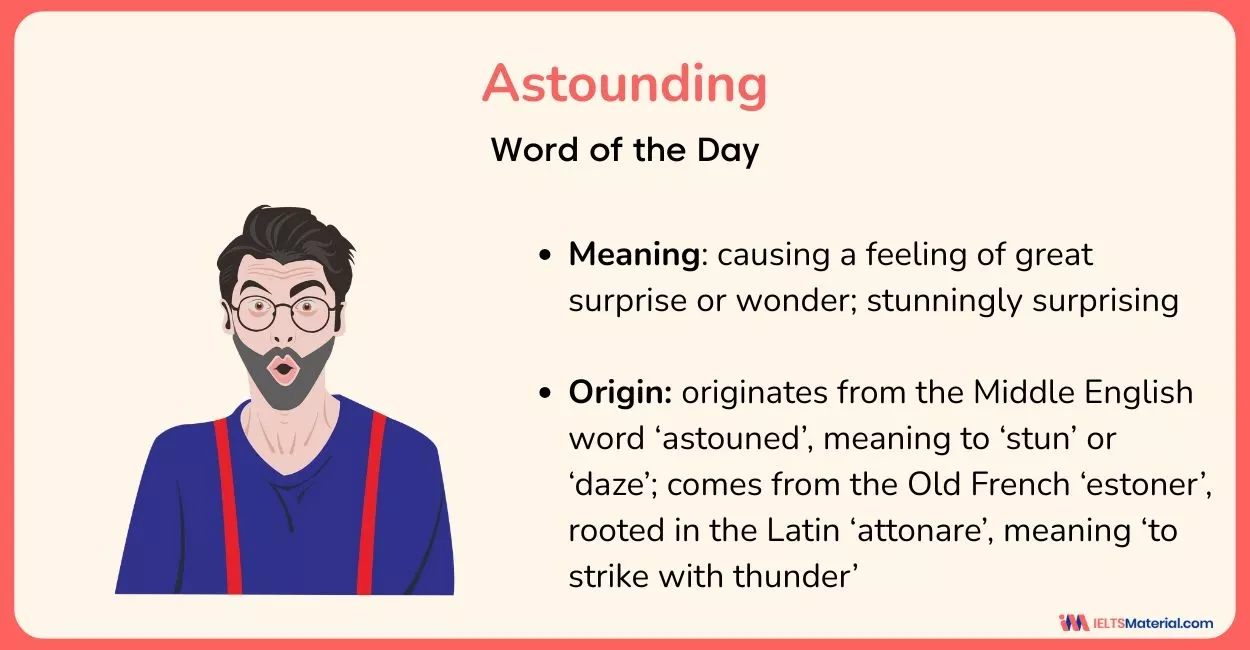
Kasturika Samanta
Recent Articles
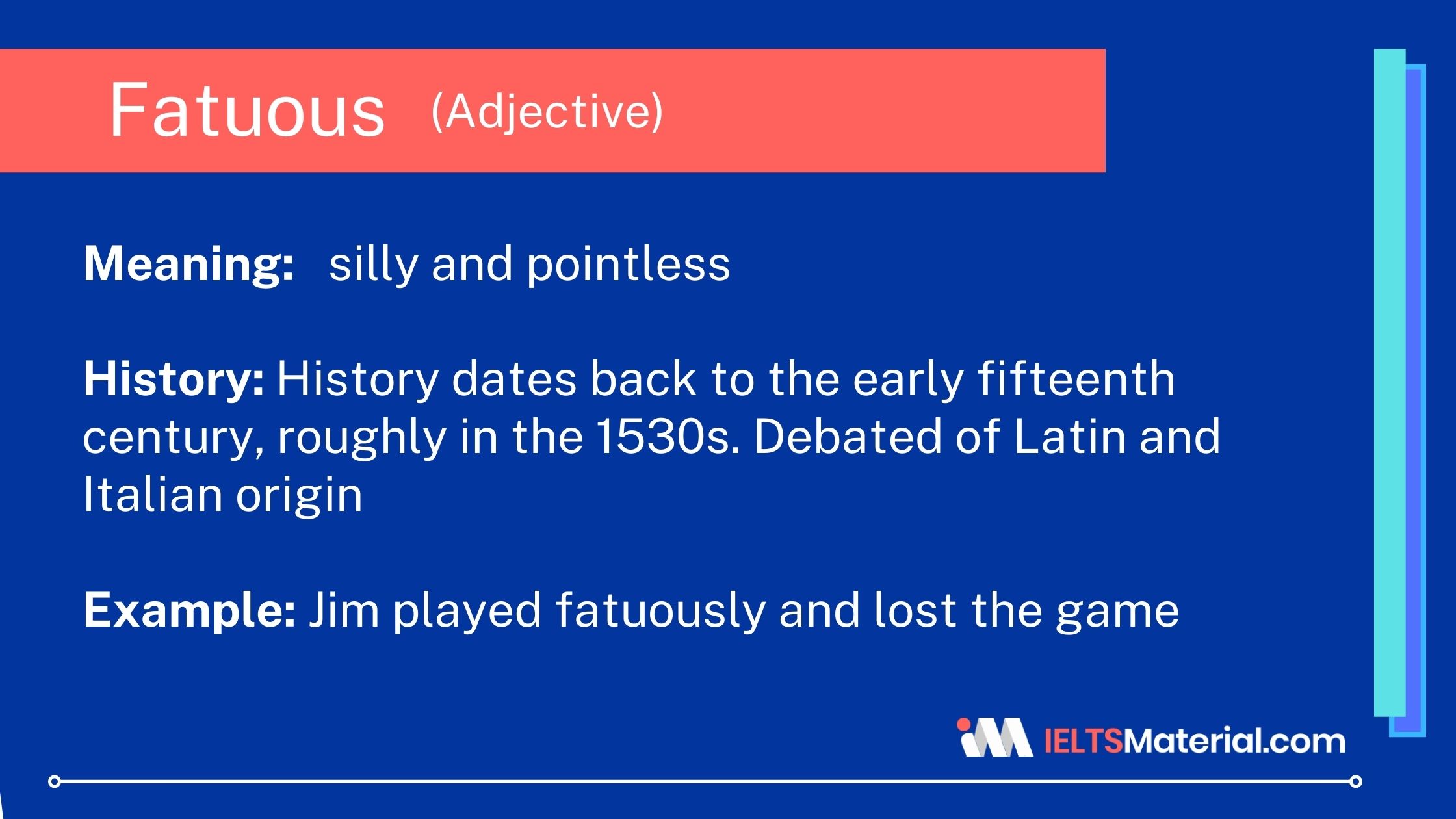
Kasturika Samanta
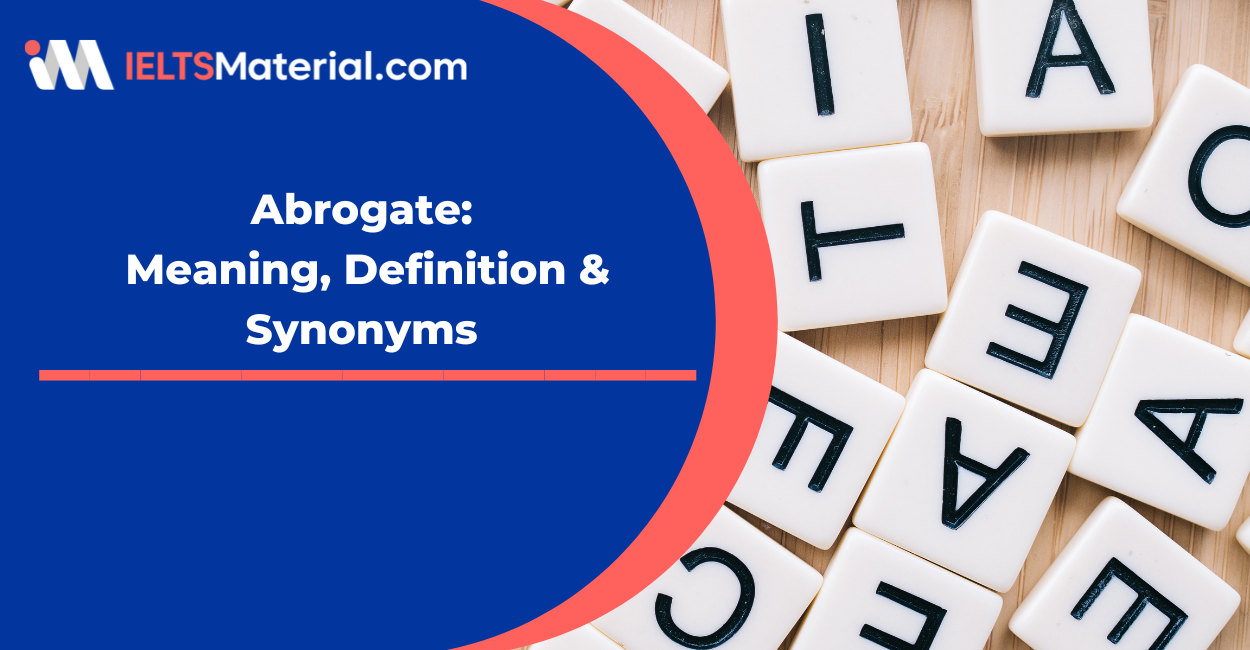
Kasturika Samanta
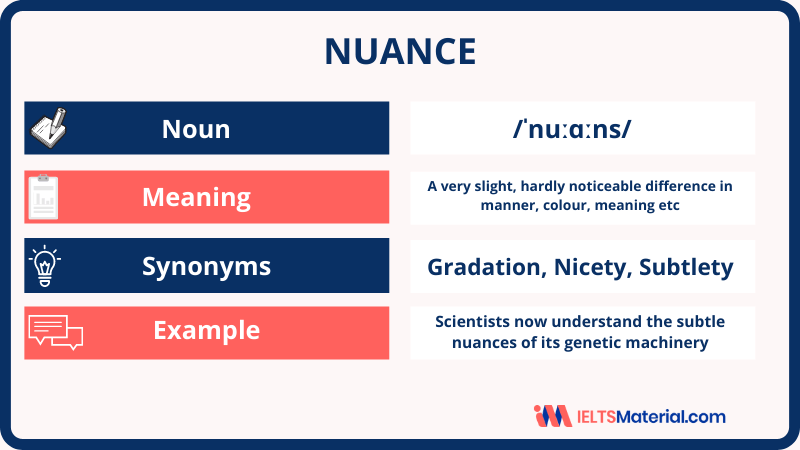
Kasturika Samanta
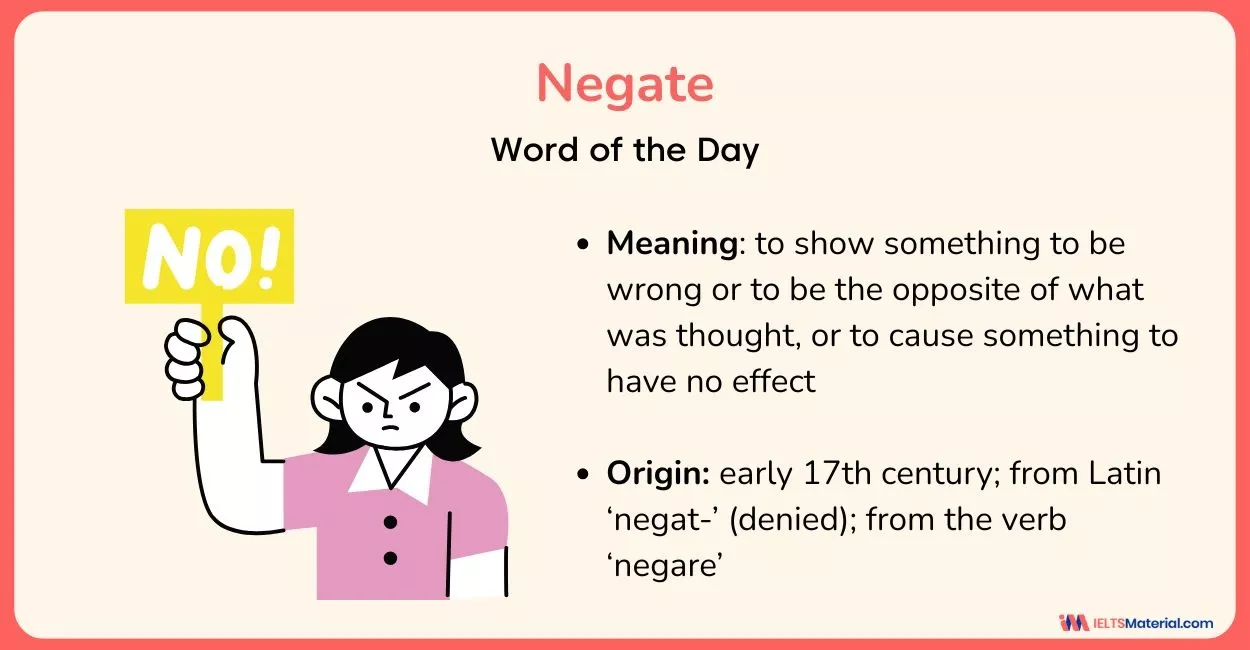




Post your Comments